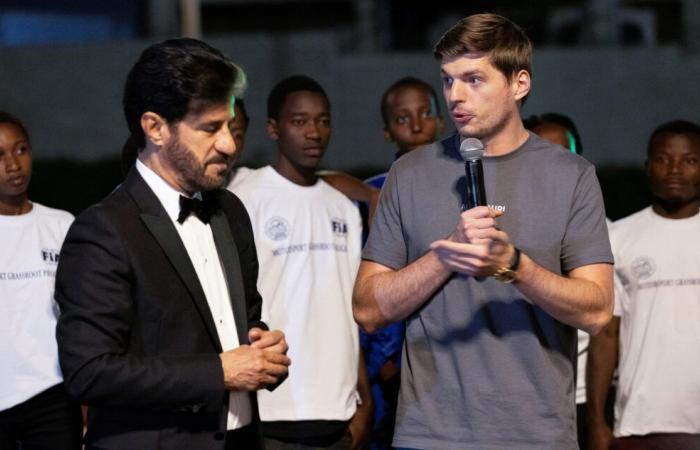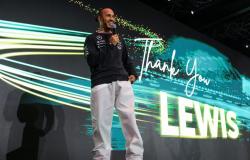
Max Verstappen may have won his fourth Formula 1 world championship in 2024, but his actions off the track following a controversial community service penalty have drawn admiration. FIA President Mohammed Ben Sulayem praised the Dutchman's efforts during his recent duty in Rwanda, where Verstappen took part in a grassroots motorsport development programme.
Verstappen's penalty stemmed from an incident during the Singapore Grand Prix weekend, where his public use of profanity during a press conference drew criticism. Although Verstappen expressed his disappointment with the decision, he approached his community service with professionalism and humility, leaving a lasting imprint by engaging with young aspiring drivers in Rwanda.
Working with the Rwanda Automobile Club (RAC), Verstappen spent time with hundreds of children involved in karting and other racing activities at the base. The FIA shared its gratitude on social media, recognizing Verstappen's willingness to embrace the opportunity.
“Giving back to the community. Thanks, Max,” posted the FIA on X, accompanying images of Verstappen interacting with young riders.
FIA President Ben Sulayem praised Verstappen's dedication, saying he had fulfilled his obligations with sincerity. Highlighting the broader importance of such initiatives, Ben Sulayem suggested that community service should become a mandatory requirement for obtaining a Formula 1 super license, rather than being limited to penalties.
“Everyone should contribute. Maybe in the future community service should not be a punishment but becomes a mandatory part of the super license for Formula 1 drivers,” said Ben Sulayem.
He emphasized the importance of drivers giving back to communities, noting the value this brings to the sport's global reach and popularity.
Max Verstappen: Lead by example
Verstappen's time in Rwanda was a testament to his commitment to fostering the next generation of motorsport talent. He interacted with young boys and girls learning the basics of karting and even worked alongside teams to build and maintain their cars.
“Il [Verstappen] was there, he was with the young girls and boys who built the car, and there were also the girls who were doing karting for the first time. There were about hundreds of them,” said Ben Sulayem.
A New Era of Responsibility in Motorsport?
Verstappen's actions could set a precedent for F1 drivers to take on greater community responsibilities. The FIA is reportedly considering integrating community service into the super license, a move which could boost the sport's global image and accessibility.
This initiative aligns with the FIA's wider mission to make motorsport more inclusive and inspiring for underrepresented communities. By leveraging the notoriety of F1 drivers like Verstappen, programs like the one in Rwanda could spark new interest and opportunities in regions traditionally underserved by motorsport.
What are the next steps for Verstappen and F1?
As the 2024 season draws to a close, drivers, including Verstappen, are set to enjoy a well-deserved winter break. With the 2025 campaign on the horizon, the FIA's push for mandatory community service could come to fruition, ensuring that Formula 1 drivers contribute not only on the track, but off it too.
For Verstappen, his legacy as a champion now includes a significant contribution to the future of motorsport's foundations—proving that even amid controversy, he remains a leader both on and off the track.





